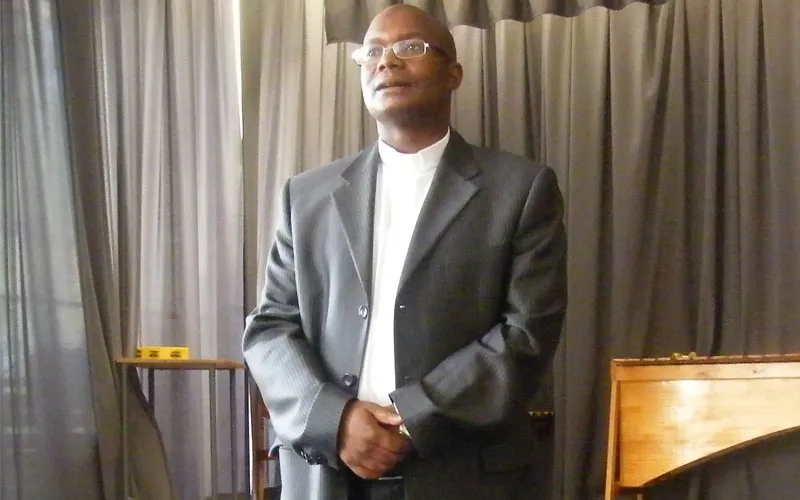He noted that there is another protocol that deals with consenting adults “to make sure that ministers of the Church are aware that they cannot take advantage of anyone, within their own space, vulnerable children, vulnerable women, vulnerable boys and anybody indeed that cannot be exploited by somebody who has authority and power.”
“People who are accused of those acts must be reported to the police,” the South African Priest said, noting that the Catholic “Church takes these cases seriously.”
“The Church, according to its own protocol, must investigate these cases alongside what is done by the civil authority, the police and also the judicial fraternity,” he further said, adding that in each case, Church leadership “must also carry out its own investigations in terms of canon law to also punish perpetrators.”
The Catholic Church leadership, Fr. Selemela continued, “needs to support the victims so that they can be able to overcome these heinous acts that have otherwise been inflicted upon them by ministers of the Church.”
The South African Rector who had underscored the critical place of human formation in the training of candidates for the Priesthood said such training can help foster “healthy and meaningful relationships” between members of the Clergy and minors.
“As ministers of the Church, we have self-awareness, we have knowledge about ourselves and we are also well developed integrally as persons to reach a kind of maturity that allows us to have proper, healthy and meaningful relationships with people,” he said.
Such relationships are lived “without actually seeking to take advantage of any vulnerable person … who come to us, who are wounded; who perhaps need our own guidance, our own sympathy, accompaniment, our own mercy and our own prayers.”
“In this way, we are fully matured and are settled into ourselves to an extent that we don't go out seeking some kind of affirmation and affection in wrong places whereby we end up actually hurting people and then inflicting damage on them instead of actually helping them.,” Fr. Selemela said, underscoring the need to foster child safeguarding through respectful relationships.
In Seminaries, Fr. Selemela said, cases of abuse are taken “very seriously” and those who perpetrate them are dealt with.
“We also try to help young people to be aware of their own sexual identities and actually be able to live their own sexual identities well in their healthy, celibate manner without actually abusing others,” he said.








